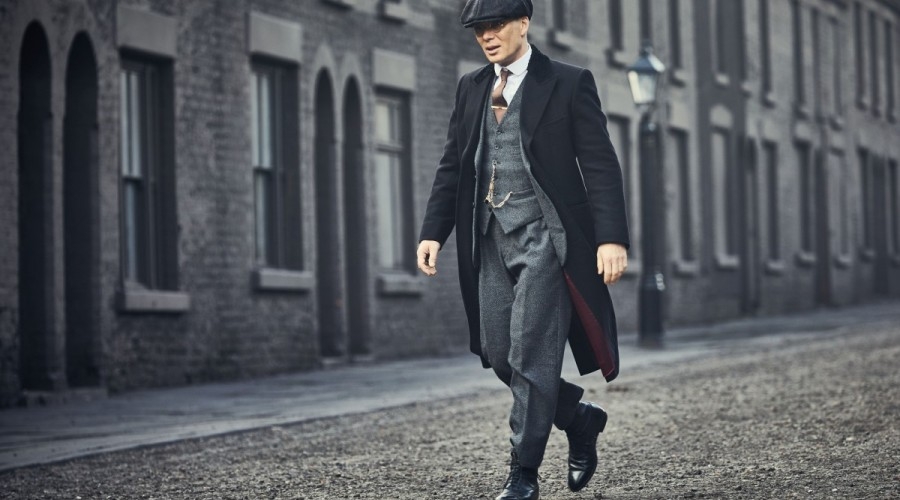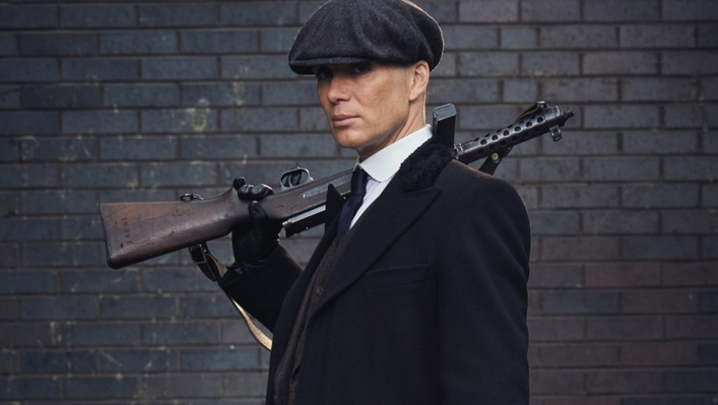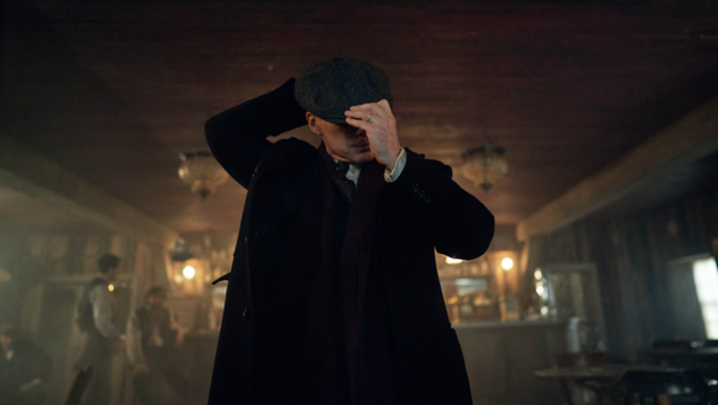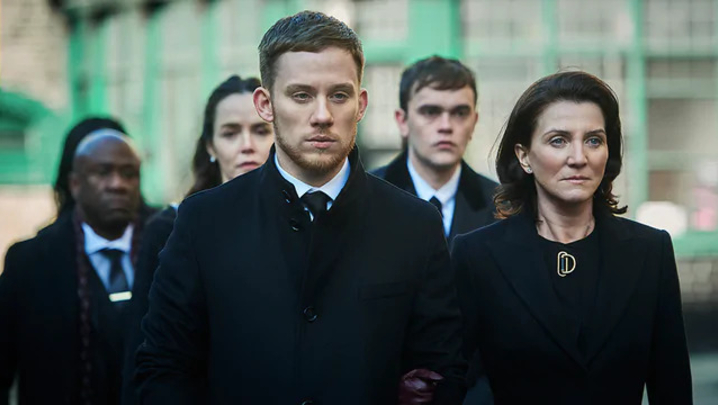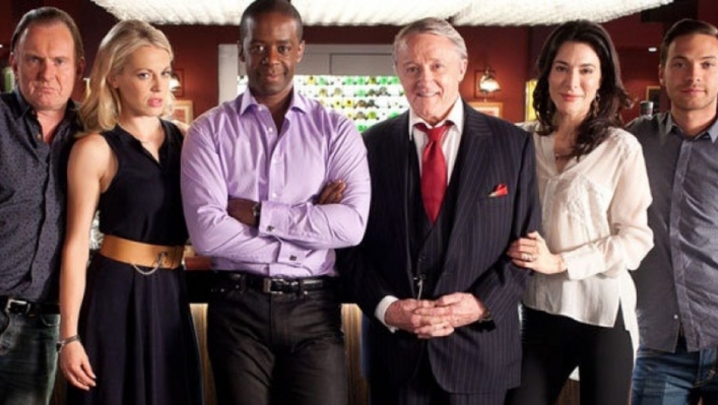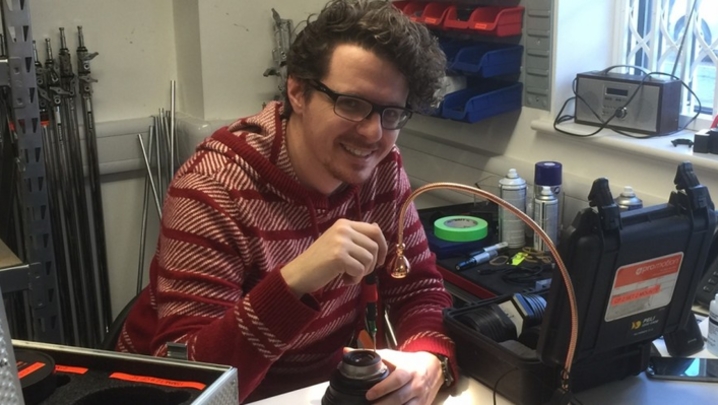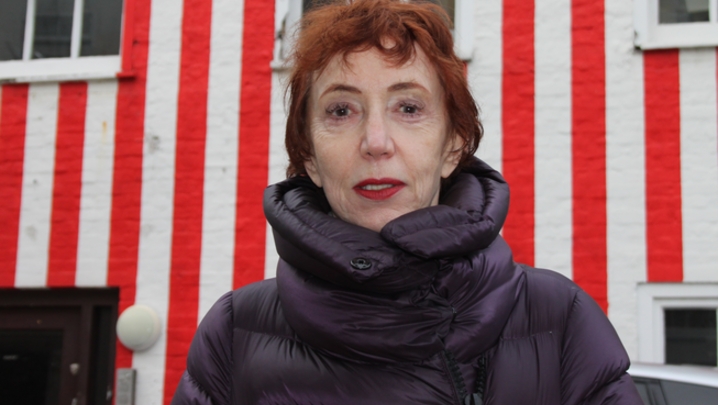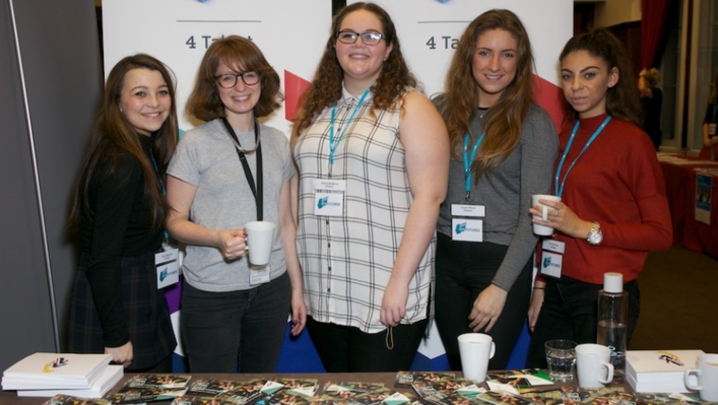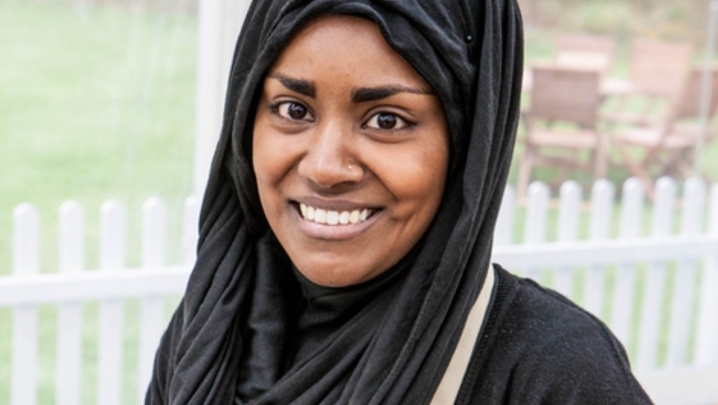Any aspiring cinematographers wondering what it takes to make it? Look no further as experts share essential tips and offer advice to help you understand this exciting and creatively stimulating role.
If you're interested in storytelling and enjoy using your imagination, cinematography could be the rewarding career for you.
A very creative role, cinematographers are required to create the visual identity of a film or TV production.
You will have the opportunity to collaborate with interesting people and be responsible for making technical and artistic decisions on set in order to achieve the vision of the production’s director. “I’m there as a collaborator with the director to achieve what they want,” explains BAFTA award winning cinematographer Laurie Rose.
There are a certain set of creative and technical skills required to be an outstanding cinematographer.
Your eye
An essential skill all cinematographers need is the ability to fully envision a shot in their mind, before a camera captures it.
“I’m constantly seeing images, it’s about what kind of images you want to photograph or what the story is you want to tell. Use your eye to serve the things you feel excited about”, says Broadchurch cinematographer Matt Gray.

Lighting
You need to be able to work with artificial sources to create a natural feel and understand how they can be used to show different emotions. Lighting helps a cinematographer achieve the shot they want, they use it to establish a specific look or mood for a scene.
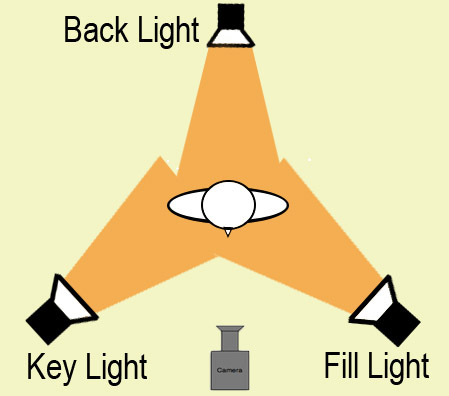
“The important thing is to tell a story and create mood using light,” believes Rose.
Arranging lighting on set can involve complicated rigging and can sometimes be very time-consuming.
Due to time constraints throughout production, Gray suggests the key to achieving a television schedule is to keep lighting plots “simple and flexible”.
"The more light sources you have can slow you down...fewer light sources for a scene means you can move quicker," he says.
Rose recommends learning the 3-point lighting framework. “It's a good thing to learn, you can see it in almost all TV, it’s a staple of lighting. It’s learnable but the joy is when you find your own ways of doing it,”
Study the past
Both Gray and Rose mention the importance of watching old films and TV because it can support you creatively.
“We are always looking at everything around us because they are the influences,” according to Rose.
“We are at a great point in history to be able to look back at an incredible array of visual material,” says Gray.
Technology
Advancements in technology, such as cameras and 4k resolution means that broadcasting requirements are constantly changing.
“You’ve got to make sure your ahead of the curve with new technology, otherwise you very quickly get left behind…new technology is exciting, it’s what keeps you engaged,” believes Gray.
"You’ve got to find the right tools for the right job… obviously the technical side of it means I might need to use something else to fulfill those requirements” (from broadcasters and studios), says Rose.
Expert Insight
Along with the creative and technical elements required for any cinematographer, you need to be a team player with outstanding organisational skills.
You will visit locations alongside the production designer, who constructs the world a cinematographer films in and the director, who visualises the script, to arrange shot designs, colours, lighting and other essentials for a shoot.
The costume and make-up departments are also involved throughout this process. “You’re always working with the other departments throughout…[combined effort] is the thing that brings all of those teams together, I’m always busy, there’s never a dull moment,” said Rose.
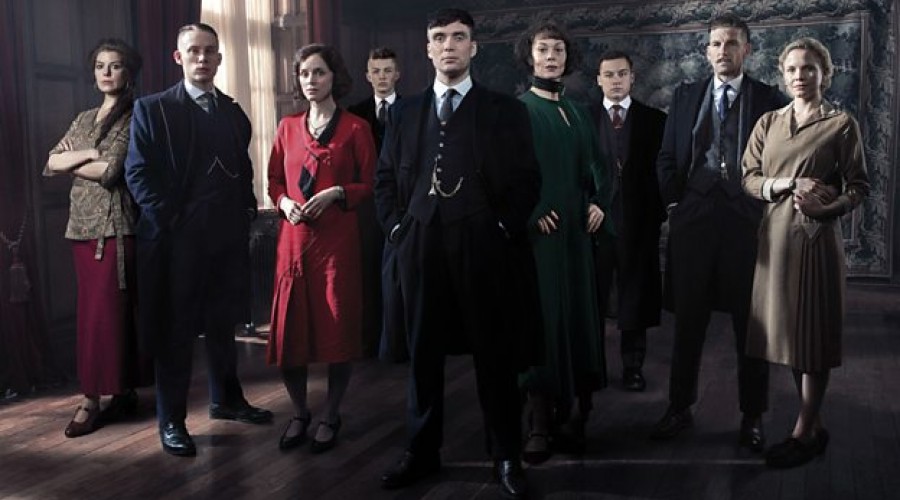
During prep, as well as building up a portfolio of information and scheduling timings for certain scenes, Gray also plans for things going wrong.
“It’s part of the logistical planning, particularly for high profile pressured days…you’ve got to have a plan-b, a plan-c…things come at you which you just can’t anticipate (bad weather, cameras breaking) and you have to be able to react accordingly,” he says.
It’s a combined effort from all departments but what’s important to a cinematographer is the story being told and how best to achieve the directors vision on camera.
When discussing Riviera, a British TV drama which was filmed in the south of France, Rose said, “Wherever you look it’s beautiful…but it’s about people who are involved in crime, intrigue and mystery, so it was about making slightly grotesque characters but in a beautiful surrounding, that was the narrative drive”.
“That’s what makes it interesting and dramatic, otherwise it just turns into a perfume advert, beautiful, but there’s not much drama in that.”
"Every day is creative, challenging and very rewarding"
A cinematographer helps create an environment which supports the director in achieving another one their primary tasks, getting a performance from the actors.
“You're able to work with the director and actors…it’s a very privileged experience… you're trying to give the performers as much freedom as possible, whilst giving your director what they want,” Gray says.
“I like to get to know them a bit…it’s important to interact with the cast because they have the toughest job,” Rose adds.
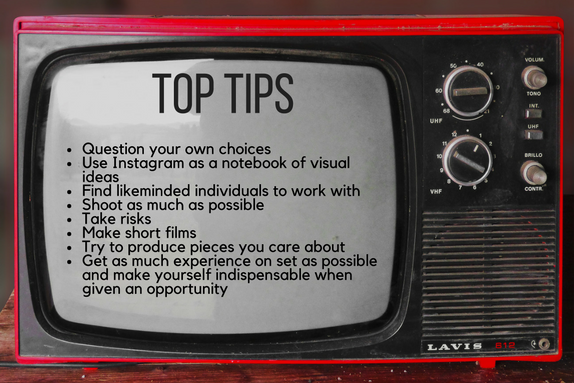
While cinematographers have a lot of responsibility on set, both Gray and Rose are keen to share their enthusiasm for the job.
“It’s that collaboration really, there’s something magical about it…when everything comes together, and this person is in front of you performing, telling a story and I’m capturing it, that’s what I love,” says Rose.
“I’ve been very privileged to meet some really special people and help tell some really interesting stories, every day is different, every day is creative, challenging and very rewarding,” concludes Gray.


